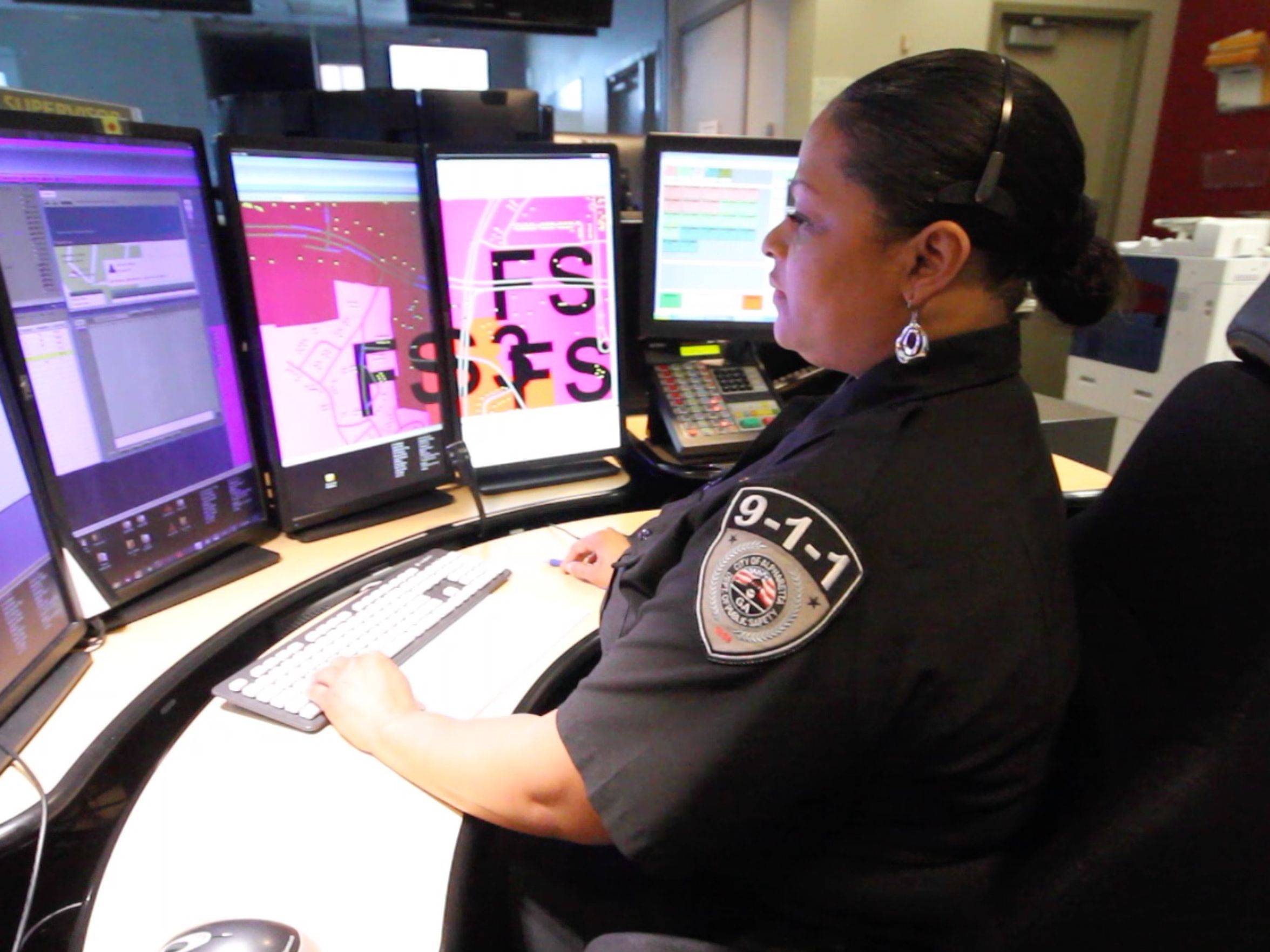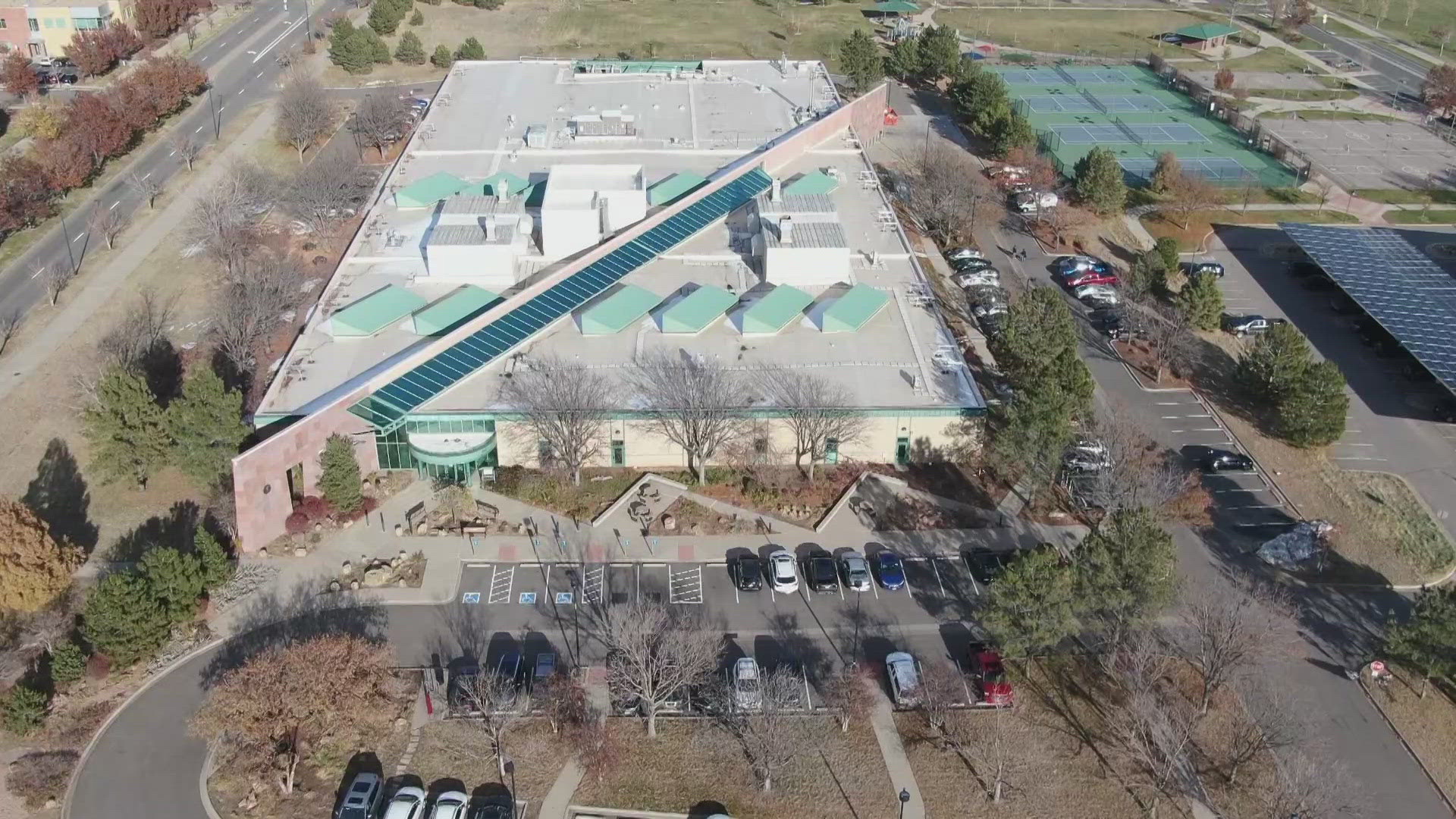USA TODAY - In an era when your mobile phone can tell Facebook, Uber or even video games where you're located – with amazing accuracy – 911 operators are often left in the dark.
Your chance of 911 getting a quick fix on location ranges wildly from as low as 10% to as high as 95%, according to hundreds of pages of local, state and federal documents obtained and reviewed by USA TODAY and more than 40 Gannett newspapers and television stations across the country.
RELATED: Read the longform of the story here
The review of 911 call records, including data for seven large states and many additional cities, shows:
-In California, more than half of cellphone calls didn't transmit location to 911 over a two-year period from 2011 to 2013, and it's getting worse. Last year, about 12.4 million calls or 63% of California's cellphone calls to 911 didn't share location. Among the worst places: Silicon Valley. In December 2012, precise location was shared in just 10% to 37% of the area's emergency calls, depending on the wireless carrier.
-In Colorado, 58% of the 5.8 million cellphone-to-911 calls last year transmitted coordinates, according to data obtained from the Colorado 911 Resource Center.
-In Texas, two-thirds of cellphone calls in a sample of calls from major cities – including Austin and Houston – reached 911 without an instant fix on location from 2010 through 2013.
-In the Virginia suburbs outside Washington, Fairfax County authorities said 25% of cellphone calls included precise location data in 2014, and Loudoun County said 29% of mobile calls did over the last six months of 2014.
What is the solution?
The FCC and the four largest cellphone carriers say they're doing their best to address the problem. Earlier this month, they worked together on a new federal rule that requires carriers to steadily increase the percentage of cellphone calls to 911 that transmit location data.
The rules, crafted in part by the carriers, call for delivery of location data for 40% of cellphone calls by 2017 and 80% by 2021. In the months spent drafting the rule, the FCC and the companies said a higher success rate is not possible sooner, indicating the current rate is below 40% in many communities.
David Simpson, a retired rear admiral who is now chief of the FCC's Public Safety and Homeland Security Bureau, acknowledged the current system is not capable of solving the problem sooner. His agency's mission instead was "to ensure there was a backstop of enforceable regulations that held them accountable for improving the indoor location accuracy challenge."
The four largest cellphone carriers declined to answer reporters' questions. Their trade organization, CTIA The Wireless Association, said that, until recently, the cellphone to 911 location technology being used was meant for outdoor use and simply doesn't work as well indoors.
Scott Bergmann, the group's vice president for regulatory affairs, said the cellphone companies "stepped up" last year to begin an aggressive effort to improve the system using new technologies, including Wi-Fi and Bluetooth, to increase the availability and the accuracy of location data from cellphone calls.
"That's huge," the FCC's Simpson said. "We have not had that obligation on the carriers before."
Bergmann also said, however, that "the FCC's timeframes are aggressive." But he said the companies "are hard at work with our public safety partners to improve wireless 911 calls as quickly as possible."
(Copyright © 2015 USA TODAY)


